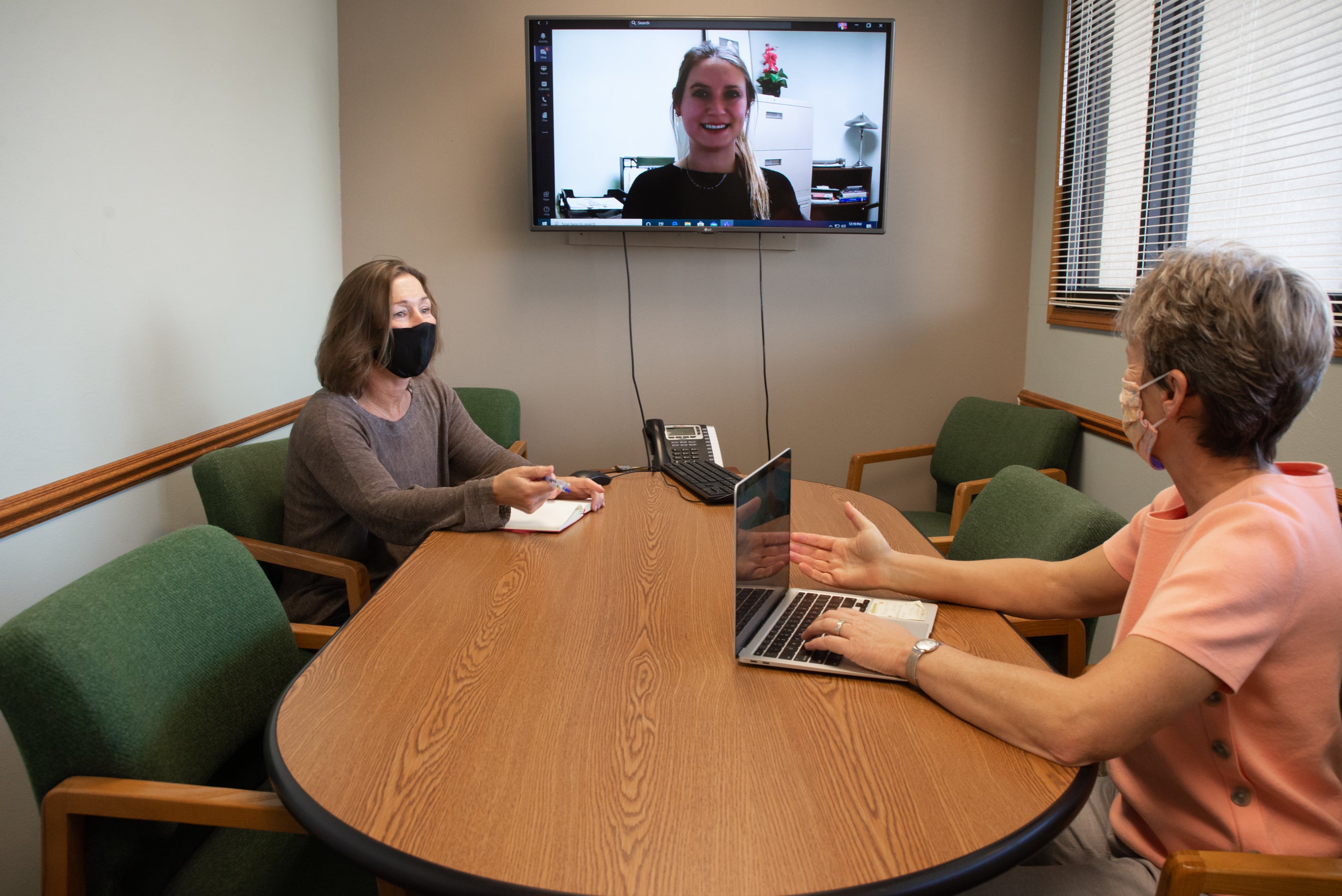
Teaching students with disabilities requires specialized experience, training and support, as well as training programs that are tailored for students’ needs. But without funding for these crucial programs, retaining effective special education teachers can be challenging. To meet this need locally, the State of Idaho selected Evelyn Johnson, a professor in the Department of Early and Special Education at Boise State, to serve as the lead higher education partner for the State Personnel Development Grants (SPDG) program through the U.S. Department of Education. The grant provides $4 million over five years for special education departments in the state to provide professional development for special education teachers, specialized teacher observation and will address the state of Idaho’s goal to improve reading achievement outcomes for students with disabilities.
The state partnered with Johnson through her work on the Recognizing Effective Special Education Teachers Project (RESET) and her expertise in creating teacher observation tools aligned with evidence-based reading instruction. Currently, 10 percent of Idaho students receive special education services, yet few of their teachers receive the training and support needed to provide high-quality reading instruction.
“I’m so grateful that our state has set this ambitious and important goal to improve reading outcomes for students receiving special education services,” Johnson said. “Together, we will be able to help all students become strong readers.”

Johnson said it is common for there to be only one or two special education teachers at any given school, and they typically do not receive professional development or coaching specifically tailored for their field. In addition, many teacher observation tools were not originally designed for special education teachers and their unique needs in the classroom. This non-tailored approach means that special education teachers often don’t get the support they need to better serve students with disabilities.
The grant also will allow Johnson, along with reading experts from the Lee Pesky Learning Center in Boise, to train and support reading coaches and teachers across 11 school districts in Idaho to deliver high quality, evidence-based reading instruction that improves outcomes for students with disabilities.
Sherry Bingham, director of special services for the Minidoka County School District in south central Idaho, has seen first-hand how the SPDG grant can work to boost professional development and coaching for teachers.
“The Minidoka district has been a fortunate recipient of Evelyn’s work with the SPDG grant,” said Bingham. “We now have a district instructional coach for special education teachers and we are using the RESET rubric in our district to provide individual coaching for teachers.”
According to College of Education Interim Dean Jennifer Snow, the creation and implementation of RESET allows for special educators to receive specialized coaching and feedback on their instruction.
“I am so thrilled Evelyn is taking the lead on this important work in our state,” said Snow. “Teachers need coaching and feedback that empowers them to lead their own learning. RESET provides specific feedback and strategies for evidence-based reading instruction that will connect to learning outcomes for students with disabilities.”
–by Carrie Quinney